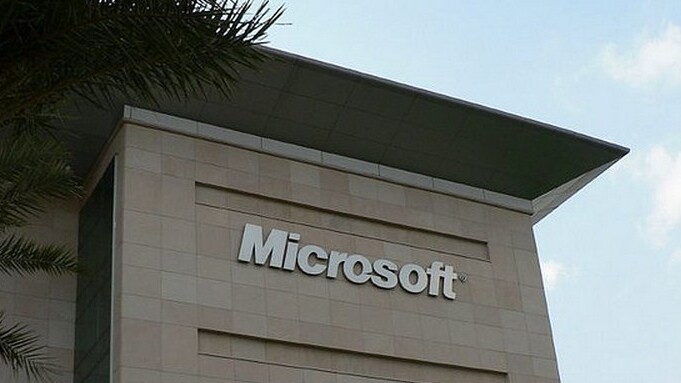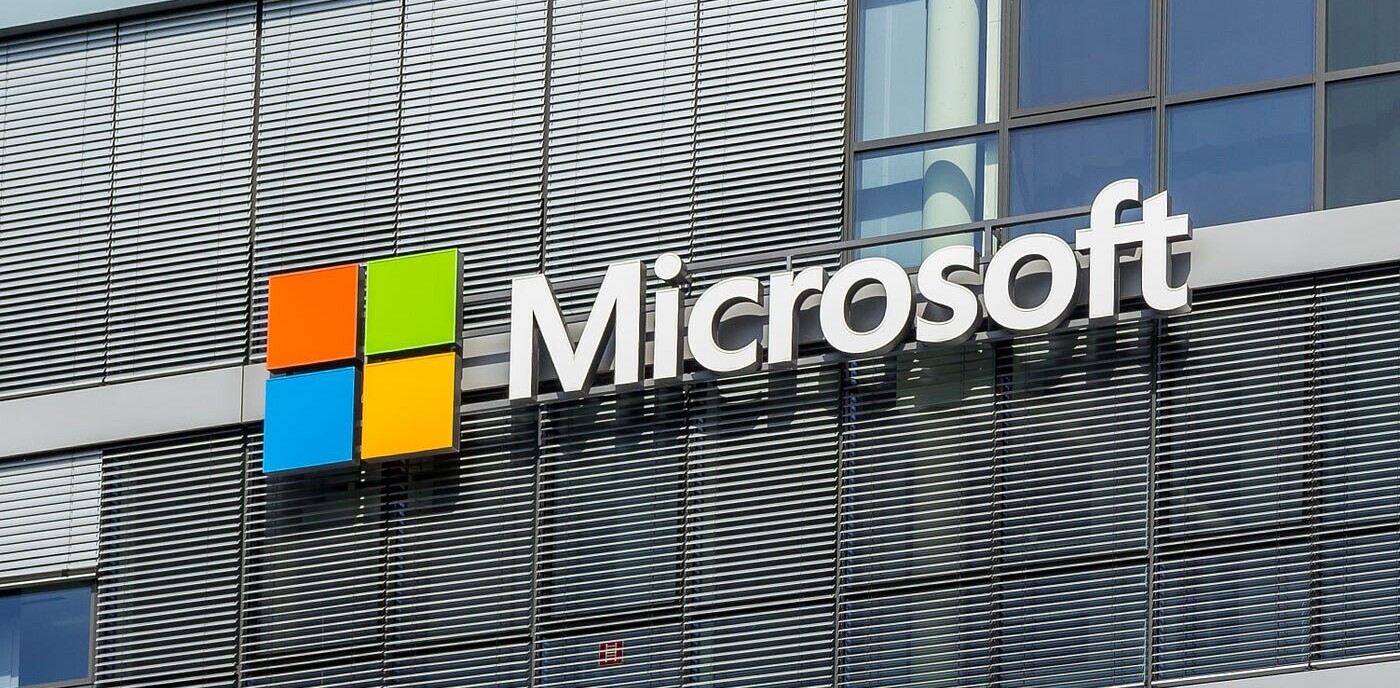
It’s Friday yet again dear friends, which means we have the time to repine and take a look back at the last week of Microsoft news. This week’s theme is numbers, market share numbers to be precise.
Before we dive into the news, ensure that you are following TNW’s Microsoft channel on both Twitter and Facebook.
Microsoft hacked
Along with Facebook and Apple, Microsoft admitted to being hacked this week, noting the same attack vector that the other two were compromised along. The company held off informing the public until after its “initial information gathering process.”
No customer data was impacted. Some units in its Mac division were infected. At the heart of the attacks – which included Twitter – involved the iOS development site iPhone Dev SDK. For a full explanation of how the infections were carried out, head here.
The situation came at an interesting time, given that the company had issued a new statement on the progress of cybersecurity legislation. The issue of hacking, and cyberwarfare, is one germane to not just the halls of Congress, but also on the campuses of our most key technology firms.
Surface expansion
The Surface Pro and RT tablet hybrids will enjoy expanded reach in the coming weeks. Microsoft is continuing the Surface project at what would appear to be full steam. Here’s the list of new markets for each device, as detailed by Microsoft:
- Surface RT: Australia, China, France, Germany, Hong Kong, New Zealand and the UK.
- Surface Pro: Japan, Mexico, New Zealand, Russia, Singapore and Taiwan.
The Surface Pro expansion is both boon to the Surface brand, and potential woe to those in the United States and Canada who have yet to get their hands on one; supply has been tight. Microsoft stated that it has that issue in mind.
Internet Explorer rising
From our earlier coverage of the latest browser market share:
Between January and February, Internet Explorer gained 0.68 percentage points (from 55.14 percent to 55.82 percent) and Firefox was up 0.18 percentage points (from 19.94 percent to 20.12 percent). Chrome meanwhile fell a huge 1.21 percentage points (from 17.48 percent to 16.27 percent). Safari was up 0.18 percentage points to 5.42 percent and Opera picked up 0.10 percentage points to grab 0.55 percent.
Internet Explorer 10 was released for Windows 7 this week, changing the landscape of browsing technology; Microsoft’s newest technology is now available on both its key Windows platforms. Chrome is in a long decline, hitting a 17 month low. Once ascendant, Microsoft has managed to blunt its rise, and regain market share.
Three years ago, this would have been unthinkable.
Windows 7 flat, Windows 8 on the move
Last month, Windows 7 slipped for the first time in its history. However, in the last month, Windows 7 was all but flat as Windows 8 picked up 0.43 percentage points to end January at 2.79%. Here is the current lay of the land:

For perspective, current Windows 8 market share amounts to nearly 40% of total OS X market share. Given the current stabilization of Windows 7, it appears, in the estimation of our own Emil Protalinski, “may never reach [the 45%] point again.”
You can still buy a PC with Windows 7 installed, just as enterprise customers are continuing their upgrade cycles to the now dated operating system. Given that, Windows 7 won’t decline quickly. Windows 8 growth rate will be a key metric to watch in the coming year – just how well does it resonate with consumers?
Top Image Credit: Amit Chattopadhyay
Get the TNW newsletter
Get the most important tech news in your inbox each week.





